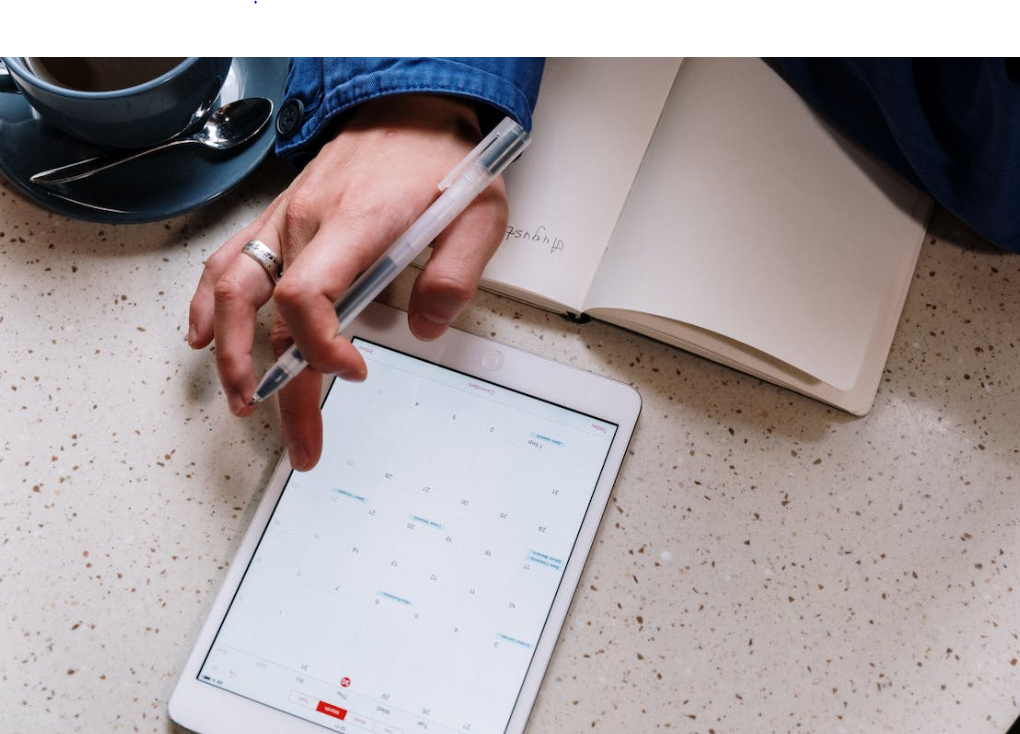Self Improvement Daily Routine
Discover how developing a self-improvement daily routine can help your body recover from stress and anxiety.

Selfpause Affirmation App
Download the app to get 1,000’s of affirmation meditations and everything you need to write, record and listen to your own.
Developing a self improvement daily routine is an important way to help your body recover from stress and anxiety. There are many different methods for developing a routine and finding ways to work through issues. Developing a routine can also help you to avoid the need to deal with things that aren’t really worth your time. If you feel that you’re becoming overwhelmed with a certain task or situation, then it may be best to opt out of the task. This will allow you to focus on other things.
Avoid Agoraphobia

Those suffering from agoraphobia are highly fearful of situations that they believe may cause them to panic. They may not be able to go to school, work, or attend social functions. They may not even be able to visit their families.
Many people with agoraphobia have a fear of crowded or open spaces. If they have a panic attack, they can feel like they’re going to die. They may also be afraid of being out alone. During a panic attack, they may feel a rapid heartbeat and have a hot, red face.
Some people with agoraphobia may have symptoms before a stressful situation occurs. They may experience a rapid heartbeat and feel chest pain. Other symptoms may include sudden chills and a red, hot face. Some people with agoraphobia also have symptoms of depression and substance abuse.
Agoraphobia can be treated. Some people with agoraphobia are prescribed anti-anxiety medications to help them deal with the symptoms. Anti-anxiety medications work quickly and can help ease the symptoms. Some people may need to try a variety of medications before finding one that works.
Cognitive behavioral therapy is also helpful for people with agoraphobia. It teaches people to recognize the thoughts that trigger their anxiety and respond more productively. It also helps people learn to deal with anxiety and panic attacks by facing their fears.
Another way to deal with agoraphobia is through relaxation techniques. These techniques may include deep muscle relaxation or meditation. Regular exercise can also help reduce anxiety levels.
If you have agoraphobia, it’s important to seek help as soon as possible. If you can’t make an appointment to see a psychiatrist, you may be able to find a therapist that offers telephone or video appointments. You may also want to bring a friend to these appointments.
If you have agoraphobia, you should find a treatment program that is evidence-based. Ask the therapist about training and experience. You may also want to consider taking an antidepressant. It may take two weeks for the effects to kick in.
Schedule breaks and downtime

Getting enough breaks and downtime as part of self improvement daily routine is important for improving your mental and physical health. It also allows you to get creative and make breakthroughs in your productivity. Adding more downtime can improve your life, boost your self-esteem, and enhance your relationships.
One of the best ways to maximize downtime is to plan ahead. Schedule a time every day when you will be taking a break. This helps you avoid getting overwhelmed by work. You should also let your co-workers know about your breaks.
Taking a break can improve your productivity by allowing your prefrontal cortex to sift through the information in your brain. This is essential for analyzing priorities, problem solving, and decision making.
If you are having trouble scheduling your breaks, try the Pomodoro Technique. This breaks down the day into 25-minute intervals. Each interval is set with a timer and you take a five-minute break after the timer goes off.
You can also schedule a staycation. Spending time outdoors is great for your body and immune system. Spending time in nature also helps relieve stress.
During your breaks, try unplugging from your electronics. This will allow your brain to focus on your body. This will help you focus on your work when you are back.
Using a daily to-do list can also help you organize your mind. You can also set reminder alarms in your iCal.
Aside from exercising, taking a break can also be beneficial. Spending a few minutes in nature each hour can help clear your mind and relieve stress. You can also go for a short walk outside. If you are working from your office, you may want to move to a different room to avoid distractions.
Using these tips can help you create a better work-life balance. Carving out time for downtime will also help you avoid burnout and chronic stress. This will allow you to make fewer mistakes and have fewer deadlines missed. It is also important to remember that you can’t just skip a day off.
Our Top FAQ's
Some tips for creating a successful self-improvement daily routine might include setting specific and achievable goals, breaking those goals down into smaller tasks or actions, and finding ways to track your progress. It can also be helpful to set aside dedicated time each day for self-improvement activities and to choose activities that align with your values and goals. Additionally, consider finding an accountability partner or joining a support group to help stay motivated.
To make sure you stick to your self-improvement daily routine, it can be helpful to find ways to make the activities enjoyable or rewarding. For example, you could reward yourself after completing a task or find a way to make the activity social by doing it with a friend or joining a group. You might also try setting reminders or using a planner to keep track of your tasks and schedule.
Some self-improvement activities that can be incorporated into a daily routine include exercise or physical activity, meditation or mindfulness practices, learning a new skill or taking a class, setting aside time for personal reflection or journaling, and practicing gratitude or positive affirmations.
Balancing the focus on self-improvement with other daily responsibilities and obligations can be challenging, but it is possible with some planning and prioritization. One strategy might be to set aside specific times of the day or week for self-improvement activities, and to schedule other tasks and obligations around those times. It can also be helpful to communicate with others about your self-improvement goals and to enlist their support in helping you to achieve them.
